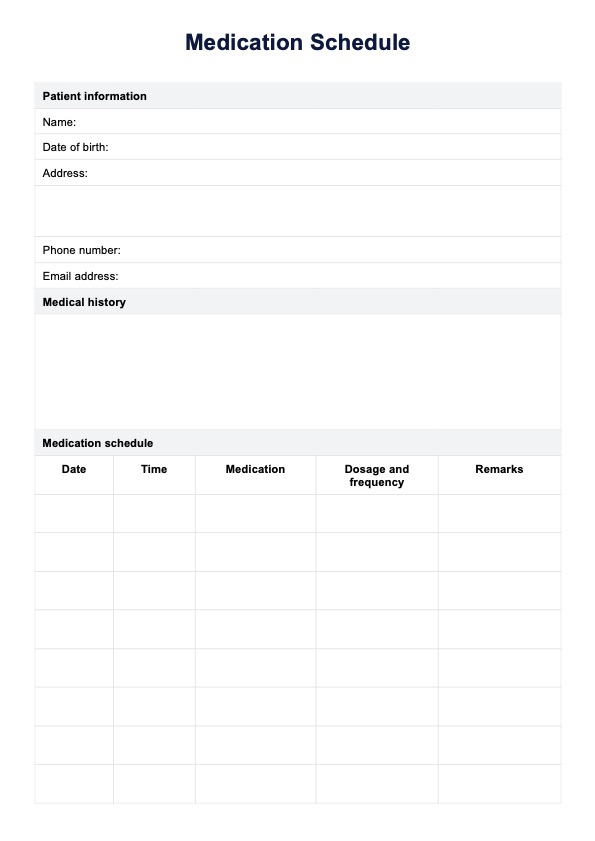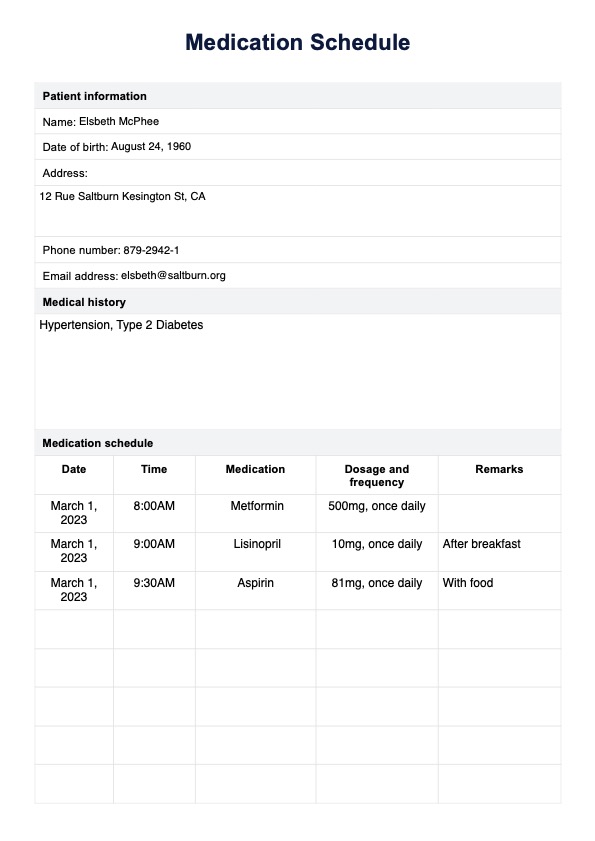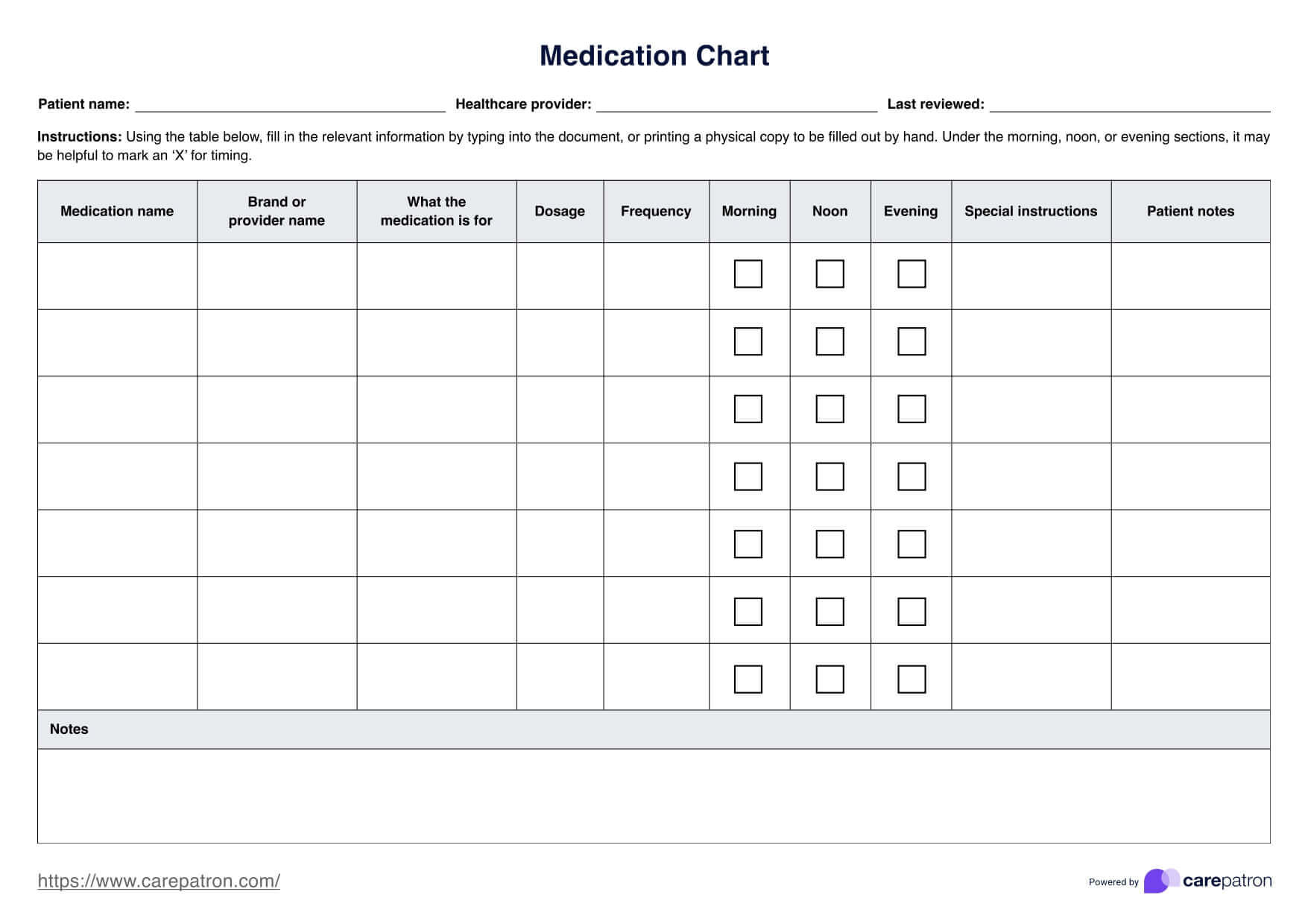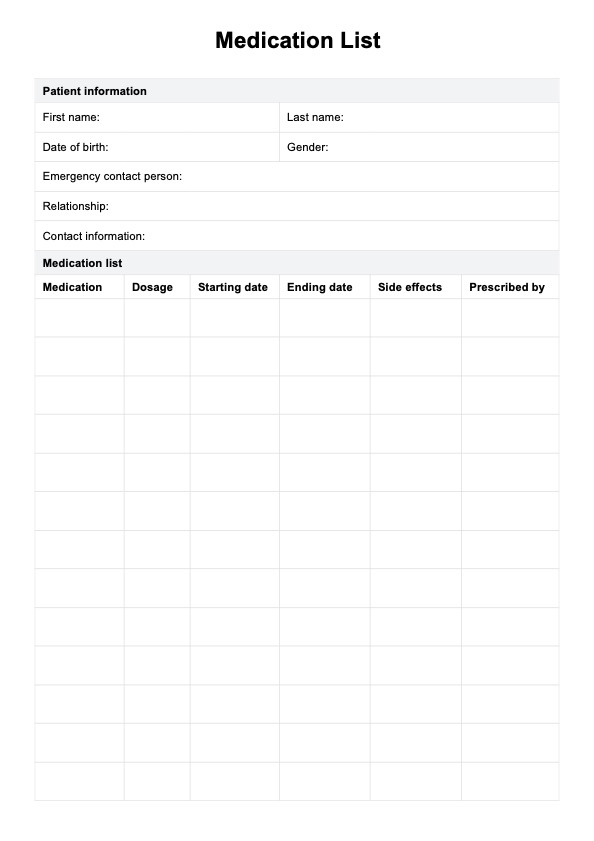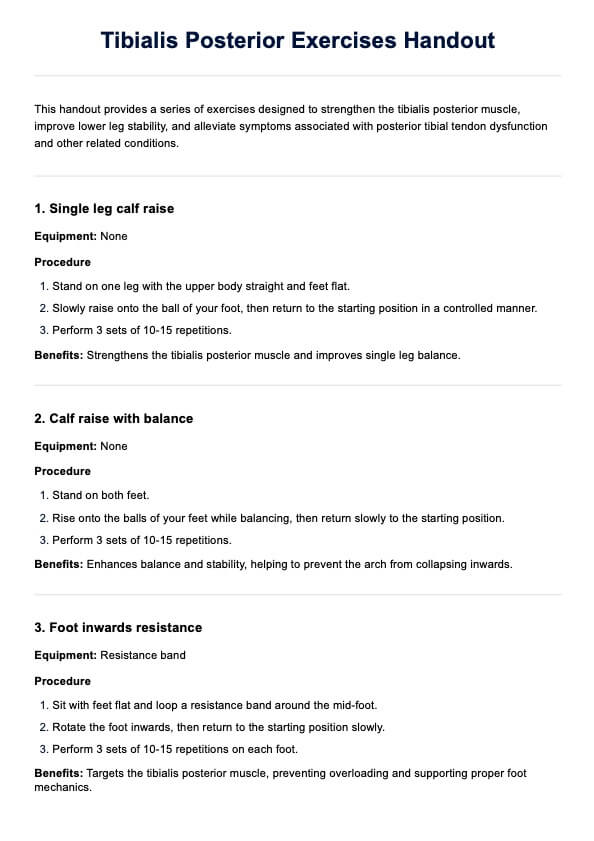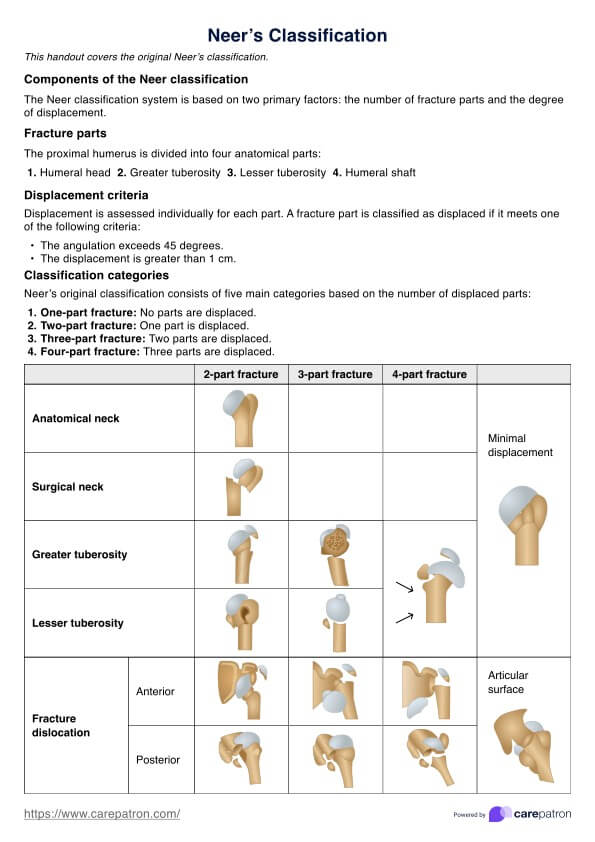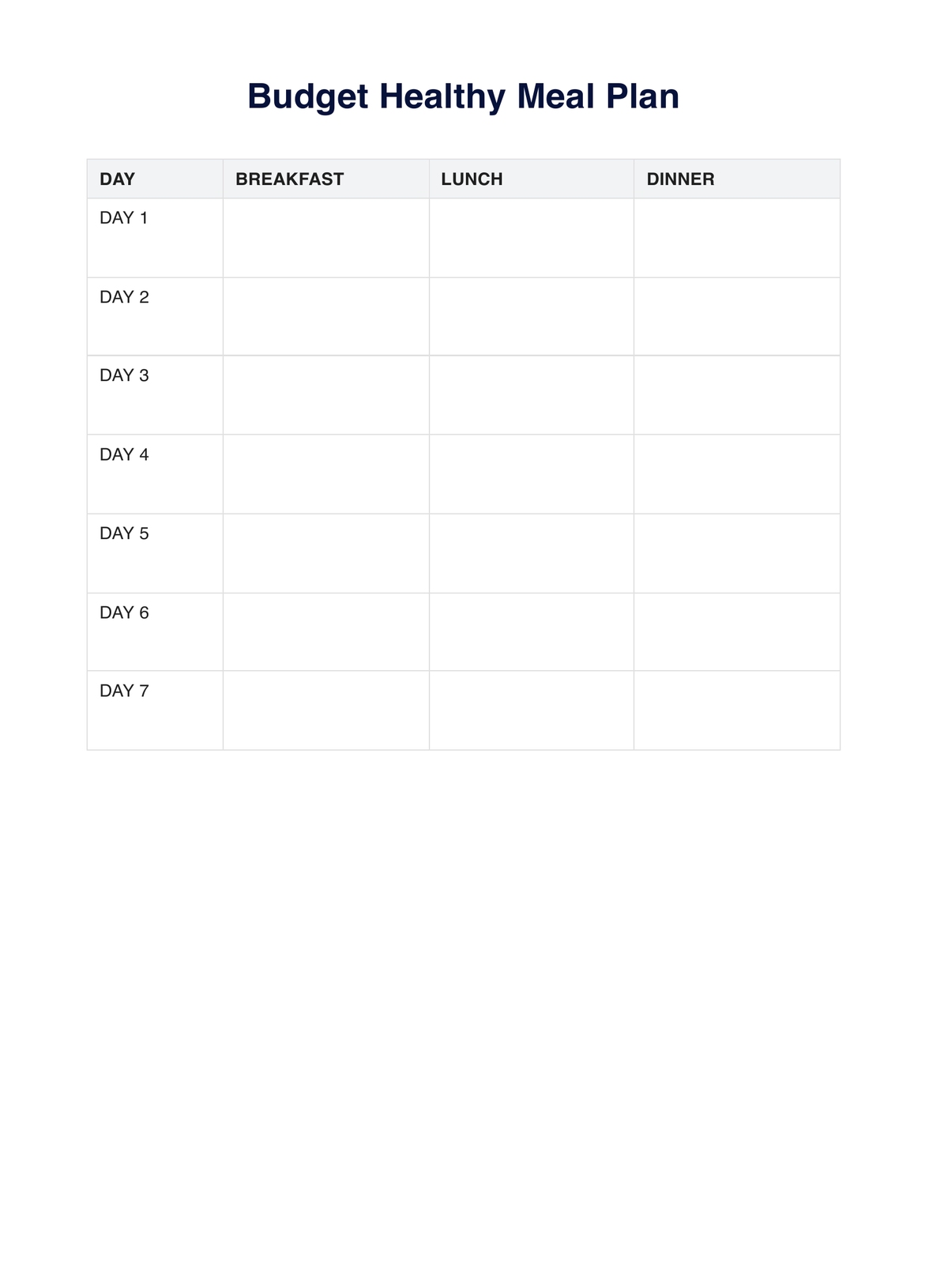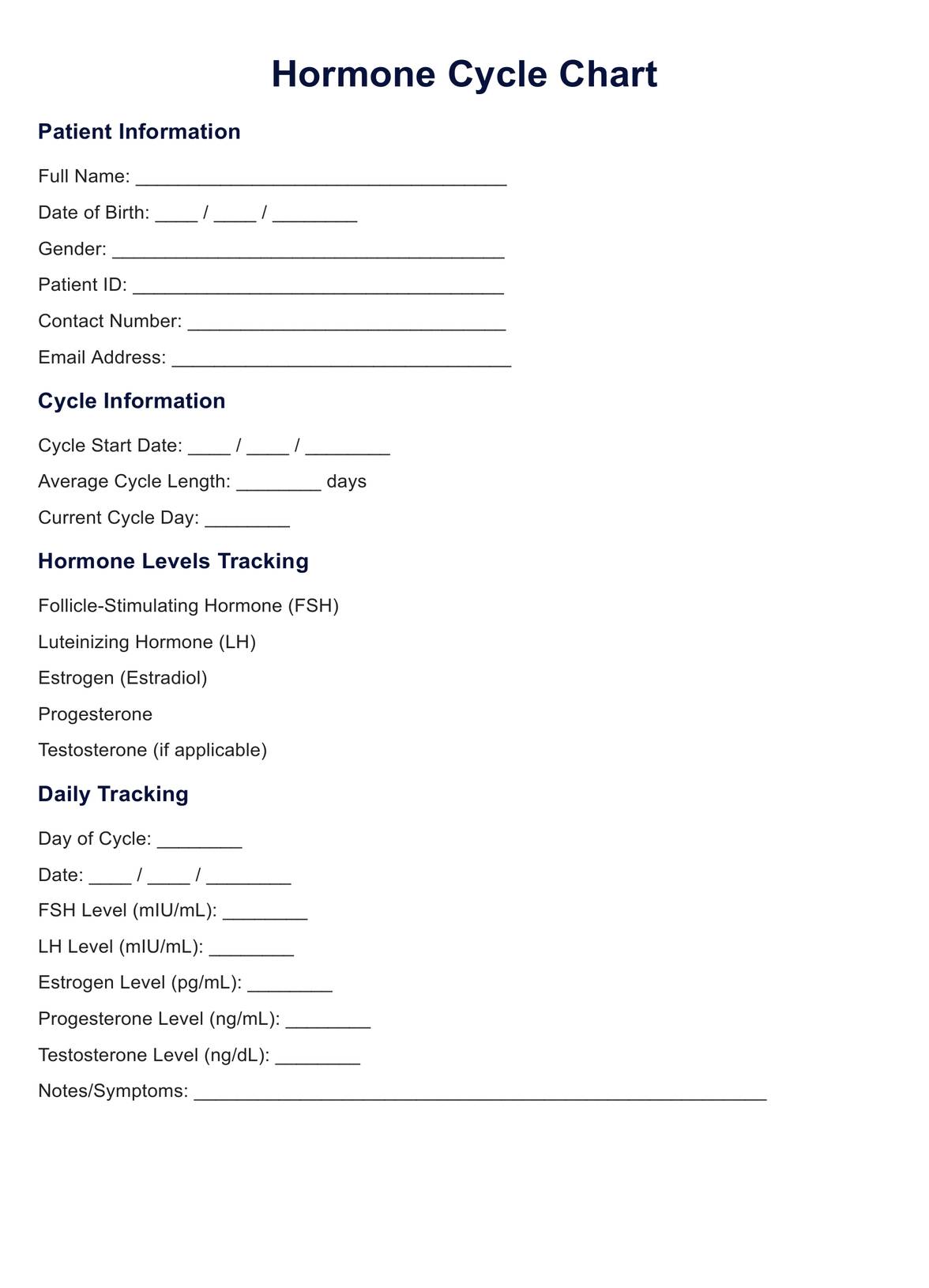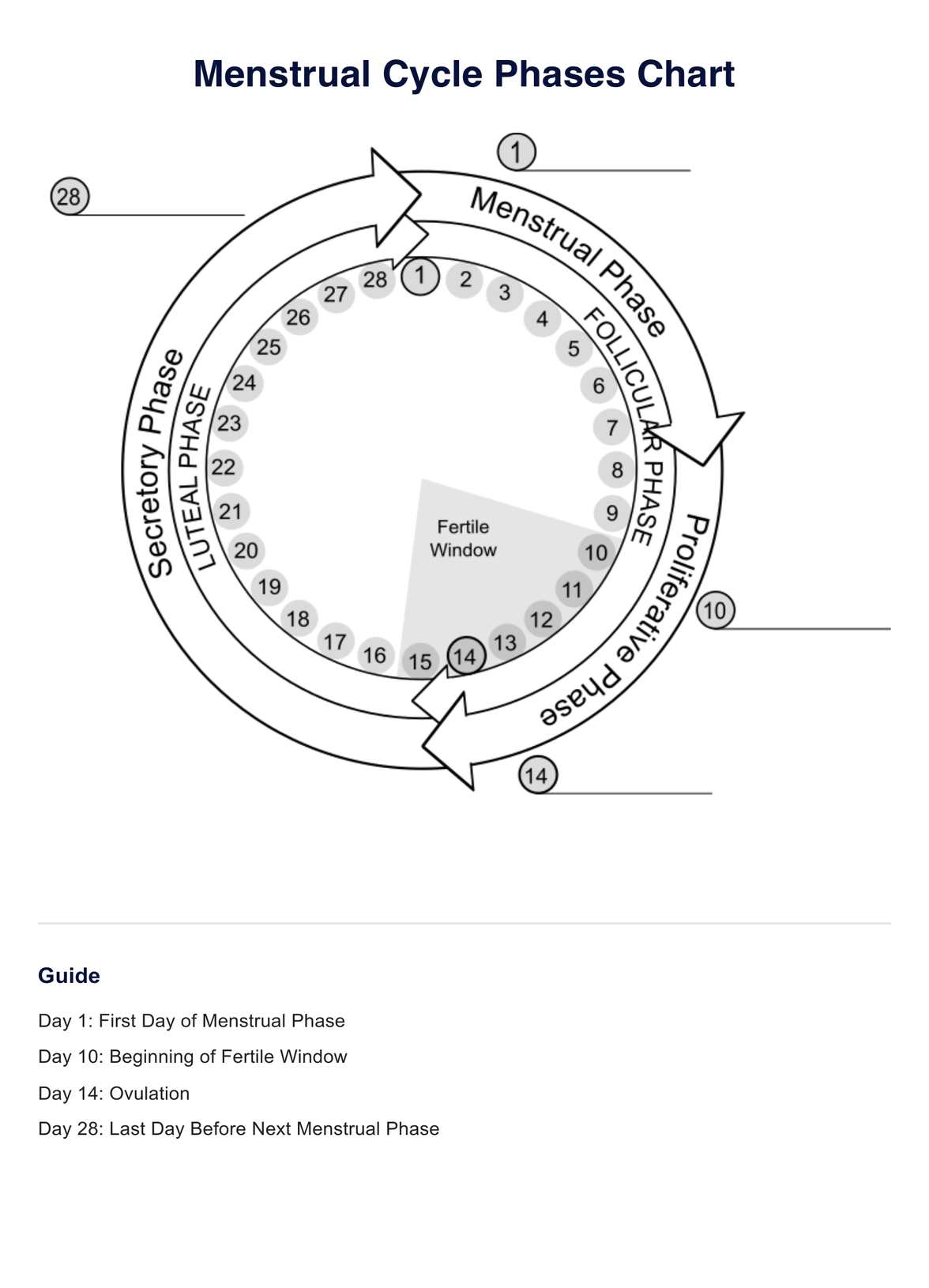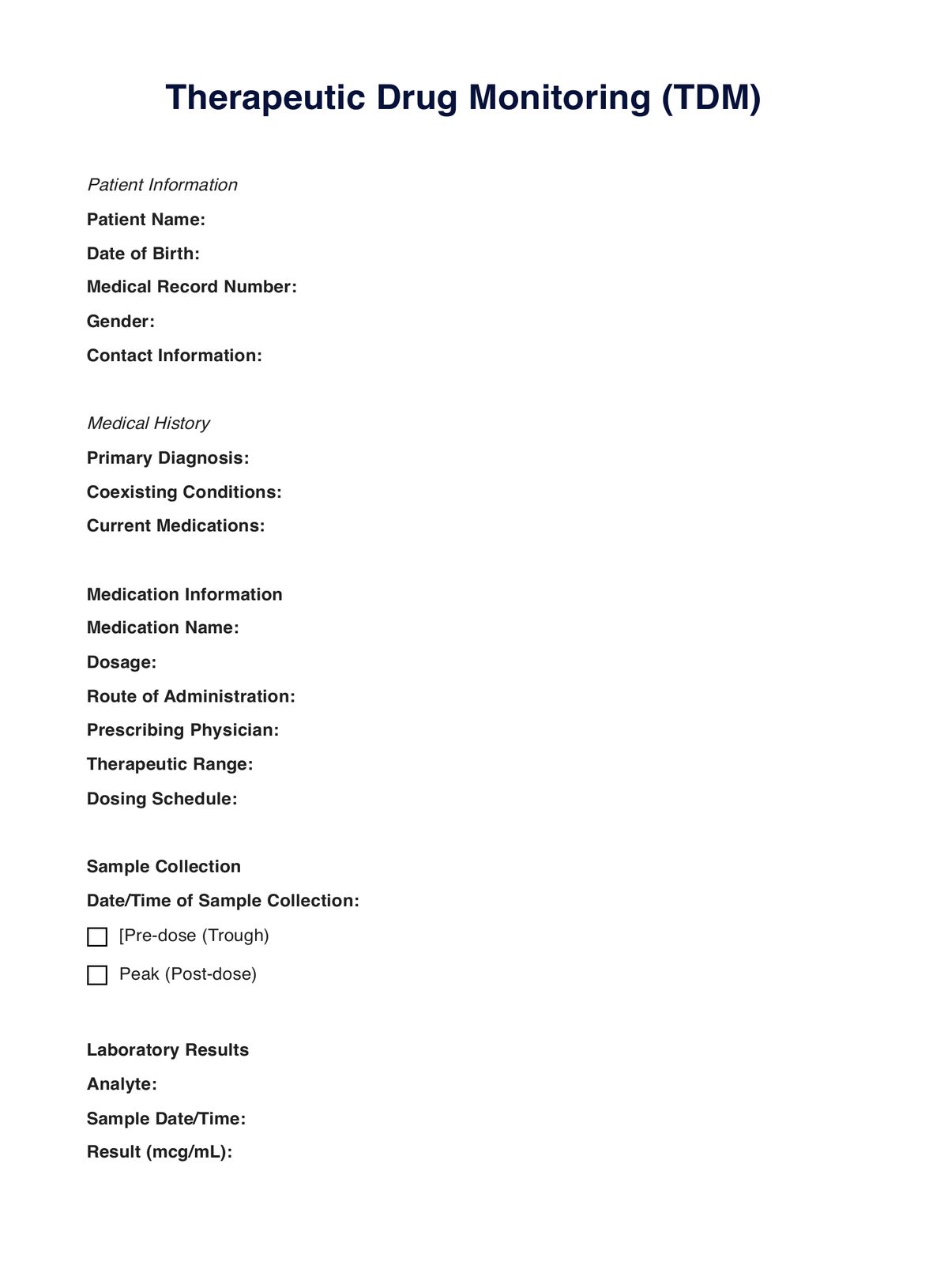Medication Schedule Template
Help patients stay on top of their medications with our free Medication Schedule Template. Access the free PDF and sample here!


What is a Medication Schedule Template?
Keeping track of medication can be daunting, especially if you're juggling multiple medications or responsible for managing medication for a loved one. It's way too easy to forget when you took your last dose and how much you took, especially if the pill bottles are all just stacked beside one another inside the medicine cabinet.
You can use a Medication Schedule Template to help your patient remember which pills to take or give. This is a medicine list in spreadsheet form, helpful in giving patients or caregivers an overview of what medicine or vitamins are needed. Our customizable medication tracker template outlines the prescribed times for taking medications and any special instructions or dosages usable by healthcare professionals and patients.
Medication list templates like these are particularly beneficial for individuals managing complex medication routines. They help them avoid medication errors and ensure they take the right medicine at the right time and the right dose (Dietrich et al., 2020).
Medication Schedule Template
Medication Schedule Template Example
Why is it important to follow a medication schedule?
As mentioned, keeping track of medications is essential for maintaining good health. Medication trackers ensure that all prescribed medications are taken at the right time. They help patients remember whether they have already taken their dose(s), preventing missed or skipped doses, ineffective treatment, and adverse drug interactions. This is a major concern, especially among elderly patients, patients with chronic conditions, or patients suffering from issues that affect memory and recall.
Moreover, several conditions worsen and become harder to treat if the patient fails to follow their medication schedule. For treatments that completely rely on medication, the treatment plan may fail. Some medications also cause withdrawal effects, such as antidepressants (Heid, 2023).
How to manage daily medication schedules effectively
Here are several tips to help your patients stay on track with their medication routines:
- Use a Medication Schedule Template: Our free and helpful medicine chart template makes it easy to keep track of the medication they need and any special instructions or details that come with them.
- Stay accessible to your patients and clients: Ensure your patients have your contact details if they have questions or concerns about their medication.
- Use a medication log: Encourage patients to track their medications and effects using a medication log after they have taken them. This can help healthcare providers make informed decisions about adjusting medication and treatment plans.
- Consider using a medication calendar: A visual representation of all the medications and dosages for an entire week can make it easier for patients to plan and stick to their schedules.
- Use reminder tools: Reminders can be set up on smartphones, watches, or other devices to help patients remember when to take their medication.
- Involve family members or caregivers: If a patient has difficulty remembering their medication routine, involving a family member or caregiver can provide extra support and assistance.
- Educate on the benefits of adhering to a medication schedule: Patients need to understand the many benefits of sticking to their medication routine, such as improved health outcomes and better management of their condition.
How to use Carepatron's free Medication Schedule Template
Carepatron's printable Medication Schedule Template comes in PDF format. We believe this is a helpful tool for any healthcare provider. It's fully digital, highly user-friendly, and can be customized if you open it on the app. Follow these steps to get started:
Step 1: Download and fill in the template
Get a copy of the free template using this page's link or the Carepatron app. You can also access it from our handy resources library. If you open it on the app, you can customize it, too. It includes spaces for all essential and full details, such as specific prescription drugs and medication names, dosages, prescribed times (medication routines), and special instructions.
Step 2: Provide it to your patient
Print a copy to give your patient or share it with them digitally. The digital version can be filled out and saved on any device with a PDF viewer.
Step 3: Encourage the patient to follow the schedule
Educate your patient on the potential consequences of missed doses and stress the significance of adhering to their prescribed routine. Encourage them to set reminders and use the Medication Schedule Template to track their daily intake.
Step 4: Keep track of medications and changes
Review the filled-out Medication Schedule Template periodically to ensure the patient follows their medication routine and makes any necessary changes. This template also serves as a medication log, allowing you to keep track of the patient's medication history.
Other resources to stay on top of medications
Carepatron offers more than just Medication Schedule Templates. Here are some additional resources to help you keep track of your patient's medications:
Medication Chart Template
Our printable Medication Chart Template can record a patient's medications, including dosage and frequency. It also includes space for special instructions filled in by healthcare professionals. This chart is best used by patients who can track their medication intake.
Medication List Template
This Medication List Template allows patients to list all their medications and details. It is an excellent resource for keeping track of all crucial medication-related information. Because it is a long list, it is best used for analyzing a patient's status and the effectiveness of their treatment or medication plan. It is not the best fit for daily tracking.
Daily Medication Chart Template
Similar to the first two templates, this printable Daily Medication Chart Template also helps patients track their medications. It includes a tick box that patients can check to see if they have taken their medication for the day. Printing and filling one out daily may be a bit of a burden, but it is great for patients who struggle with keeping track of days since they'll only have to worry about ticking off the boxes per day. We also have a detailed Medication Tracker variant with more fields, details, and instructions, making it easier for patients and family members to use.
Medication Log Template
The medication log is used to log the effects of medication after taking it. It also has fields where you can write other notes, personal information, and contact details.
Elderly Daily Medication Chart
Carepatron also has a medication chart for elderly patients. It includes fields for dietary supplements, allergies, and other details and reminders, lessening the effort needed to create a more extensive chart.
References
Dietrich, F. M., Hersberger, K. E., & Arnet, I. (2020). Benefits of medication charts provided at transitions of care: a narrative systematic review. BMJ Open, 10(10), e037668. https://doi.org/10.1136/bmjopen-2020-037668
Heid, M. (2023, September 10). Why you shouldn't skip your medication. WebMD. https://www.webmd.com/drug-medication/stop-skipping-medication
Commonly asked questions
To keep track of medicine intake, use a Medication Schedule Template and set reminders on your devices. Maintain a Medication Log to record effects and involve caregivers for additional support.
Using a Medication Log Sheet can help keep track of multiple medications by providing a clear, organized way to document the name of each medication, the dosage, the times to be taken, and any special instructions. This helps ensure no missed doses and medications are taken correctly.
Medication tracking is important because it helps prevent missed doses, overdoses, and drug interactions. It ensures that patients follow their prescribed treatment plans accurately, which is crucial for the effectiveness of their medications and their overall health.
To keep track of daily medication, use our Daily Medication Tracker. You can put the dosages and schedules there and set reminders or alarms accordingly. Then, you can tick off the boxes as you take each dose. Using a pill organizer alongside the tracker can help, too.


